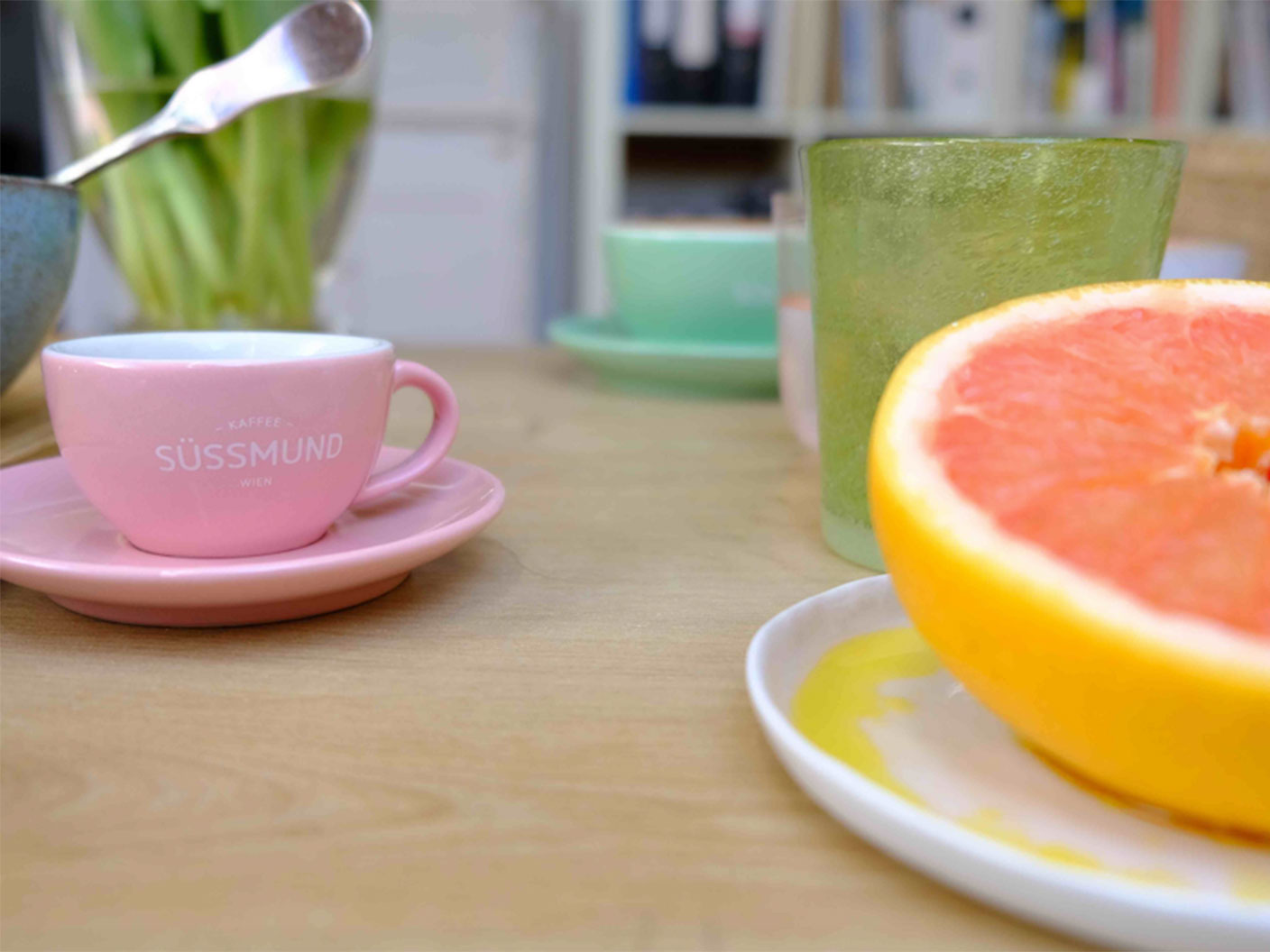Finca El Placer near Calarcá, Quindio, is run by Sebastián Ramírez, the fourth generation of his family to do so. Shortly after taking over his parents' farm, Sebastián realized he needed to make a fundamental change. Selling "regular" coffee to the local market meant a lot of work for the farm, but little income. He quickly changed this by specializing in fermentation and cultivating unique varieties, a practice now highly valued by many coffee lovers. This paradigm shift allowed him to tap into an international market and thus guide the farm towards sustainable, profitable operations. His focus is on top quality and flavor diversity, key aspects of Süssmund Coffee. El Placer's coffees frequently win awards at international coffee competitions and have a large following worldwide.
Through his own experience in vocational training and working on his farm, Sebastián is acutely aware of the importance of sensory and farming knowledge for breaking out of a regional market. He makes this knowledge freely available to the local farming community, both to ensure he receives the highest quality from his suppliers and to provide interested farmers with the tools they need to compete in the international market. Many farmers still don't know what their coffee tastes like, making them vulnerable to trade, and Sebastián wants to change that.
Thanks to traditional agricultural techniques and organic fertilizers, it has been possible to completely avoid synthetic herbicides.
The processing in detail
Step 1: Harvesting and sorting
Harvest and sort the cherries, with 95% being fully ripe and 5% being half-ripe.
Step 2: Anaerobic fermentation
The cherries are anaerobically fermented in 200-liter tanks for 200 hours at a constant temperature of 18 °C with CO2 input.
Step 3: Drying phases
First phase: The coffee is dried for about 20 days under a tent at 40°C and 25% humidity.
Second phase: Further drying for about 5 days, slowly and in a controlled manner under sunshades
Step 4: Packaging and stabilization
The coffee is packed in Grain-Pro bags and stabilized for 15 days.
Step 5: Peeling and manual selection
The coffee is then peeled and sorted by hand before being vacuum-packed.
We are very grateful to be able to present a work of art by the great Vienna-based artist Daniel Domig in this special edition.
Artwork: And They Bloom, Daniel Domig, 2025
Region : Calarcá, Quindio
Producer : Sebastian Ramirez
Farm : El Placer
Cultivation altitude : 1744m
Variety : Pink Bourbon
Preparation : Natural carbonic maceration, 200h fermentation
Preparation recommendation : V60, Kalita Wave, Aeropress, French Press, Chemex, filter coffee machine
Best Taste Recommendation : 1-8 weeks after roasting (Best Before - 1 year)
Body : 4/5
Fruit : 4/5
Flavor profile :
lavender
apricot
Wine gums
Lulo
Cocoa nibs
